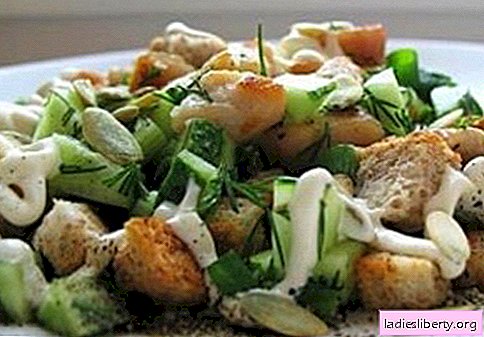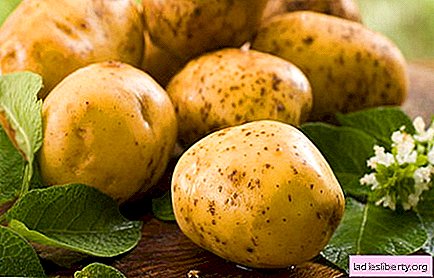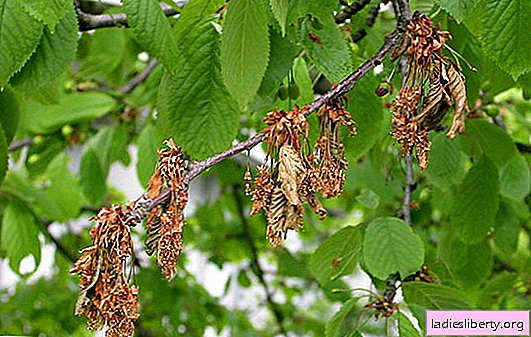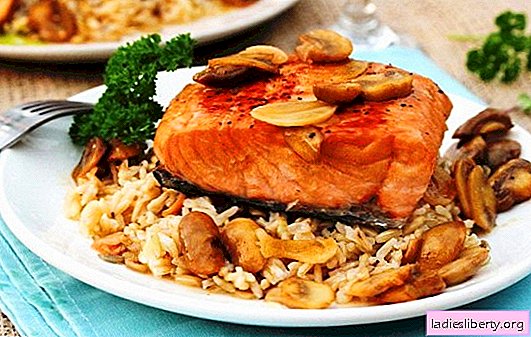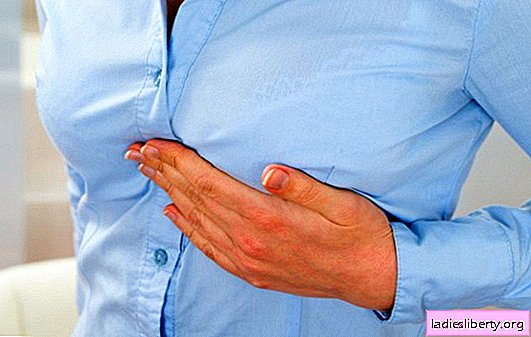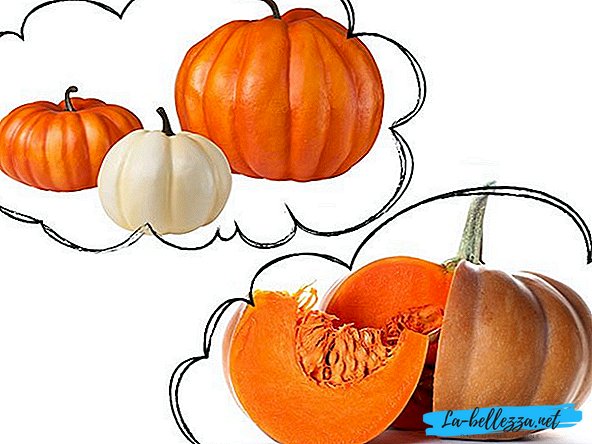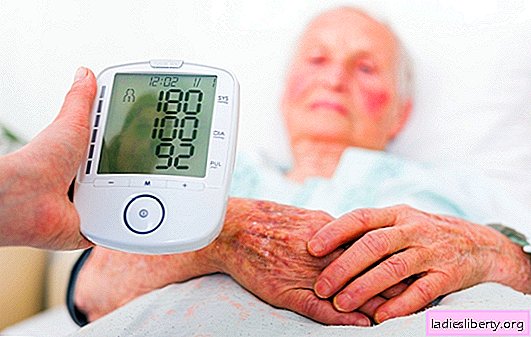
According to a study by Wright State University, zinc deficiency raises blood pressure. According to the researchers, this is due to a change in the processing of sodium by the kidneys.
How is hypertension associated with zinc deficiency?
Zinc deficiency is widespread in diabetics and people with kidney failure. The mechanism by which the kidneys "capture" and remove salt from the body, is involved in the development of hypertension.
A special sodium transporter is a specific signaling pathway in the human body. A lower urinary sodium concentration is associated with higher mean arterial pressure.
New studies show that zinc plays a role in the regulation of proteins that regulate these transporters.
However, a causal relationship between hypertension caused by zinc deficiency has not yet been established. In the current study, scientists compared male zinc deficient mice with a healthy control group with normal pressure.
Zinc deficient animals subsequently have hypertension and a corresponding decrease in urinary salt excretion. However, in mice of the control group, such changes in the study were not detected.
A relatively small group of zinc deficient mice received a high zinc diet in the middle of the study. Blood pressure returned to normal when the zinc concentration returned to normal in animals in the bloodstream.
According to experts, the study demonstrates that poor absorption of sodium into the kidneys plays a crucial role in high blood pressure.
Therefore, the results published in the American Journal of Physiology have important implications for treating high blood pressure.
What foods are rich in zinc?
Zinc-containing foods not only reduce blood pressure, but also accelerate wound healing and enhance sexual desire. There are also some good options for vegans and vegetarians.
Zinc from animal products is more beneficial for the body. Zinc-rich plants contain phytates that interfere with the absorption of trace elements. Especially grains and nuts contain a large amount of phytate. However, the content can be reduced by fermentation, sprouting, roasting or soaking.
Plant foods that are richest in zinc:
- poppy seed: 8 mg;
- pumpkin seeds: 6-7 mg;
- seeds: 5.7 mg;
- flaxseed: 5.5 mg;
- oatmeal: 4 mg;
- Brazil nuts: 4 mg;
- whole grains: 3.5 to 4 mg;
- corn: 3.5 mg;
- legumes (chickpeas and lentils): 2 - 4 mg;
- peanuts: 3 mg;
- buckwheat: 2.7 mg;
- walnuts: 2.7 mg.
Quantities are per 100 grams and are approximate. The mineral is found in many animal products. The leaders in this category are:
- oysters: 22 mg;
- liver (from pork, beef or veal): 6 mg;
- beef: 4.41 mg;
- cheese: 3 - 4.6 mg;
- egg yolk: 3.8 mg;
- shrimp: 2.3 mg.
How much zinc should I take to lower my blood pressure?
You must take up to 600 mg of elemental zinc per day. Pure zinc is not allowed on an empty stomach, as nausea, vomiting, and dizziness occur.
The effective dose depends on the needs. About 15 mg of additional zinc is a good general recommendation if a person is physically active and sweats a lot during sports.
The preparations do not contain elemental zinc, but a "bundle" with another substance. Therefore, you need to pay attention to how high the concentration of "elemental zinc".
The following numbers can be used for zinc citrate and zinc gluconate:
- Zinc citrate contains about 37% elemental zinc.
- Zinc gluconate contains about 15% elemental zinc.
Are high doses of zinc harmful to your health?
If too much zinc is taken, this can lead to a deficiency of copper and other important trace elements. It is recommended that zinc-containing foods be included in a healthy diet for maximum results.

